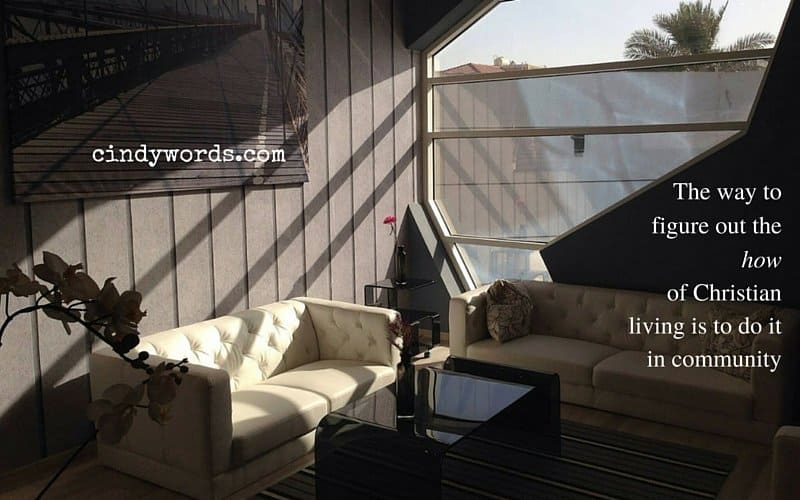
Theology, Ethics, and Messy Living Rooms
January 19, 2016
There has been a lot of wonderful conversation surrounding the topic of hospitality in recent years. Specifically, there is this growing desire for authenticity, inviting others into the real messiness of our lives as symbolized by our messy living rooms. It is more important for people to gather than to have a pristine house, they say.
I agree wholeheartedly, echoing a resounding Amen to these preachers of transparency and simple living.
When we decided to invite people over last weekend, of course we reflected our newly zen attitude. We wanted to show our friends the state of our house as we normally live in it, because we are eager to present what is true and honest and real, even if it is messy. We want to be vulnerable with both our hearts and our home. Welcome, friends, to where we do our everyday life.
Um…no. That is not what happened. We scrambled around all morning to declutter every visible space. I mean I have literally not seen the surface of our kitchen counter since well, the last time we had people over. I lit a candle to hide the pungent chicken broth smell from last night’s dinner and straightened the picture frames on the walls that had been knocked crooked by my son’s friends from his birthday last year. We dusted, vacuumed, and cleaned—the house looked exactly 0% like our ordinarily messy lives.
Of course, our friends will now read this blog and know the truth. It wasn’t so much that we were trying to manipulate them or hide our true selves, it’s simply that old social conventions die hard. I BELIEVE in living with integrity, reflecting who I am on the inside to the outside world, but in reality, I wear masks, speak my words with filters, and sweep things under the rug at the last minute before guests arrive.
This sort of inconsistency exists in too many areas of my life. I KNOW I shouldn’t care about my blog stats, that the numbers don’t determine my worth, but I still check it compulsively. I WANT to eat less meat because of environmental concerns but somehow find myself ordering the big, fat, juicy hamburger. I LONG to find balance in my schedule, cut down my to-do list, and leave margin for spontaneity, and yet at every turn, I find myself committing to the next big thing.
You could shame me into thinking it’s because I lack will-power, that I don’t pray or trust God enough. You could accuse me of not wanting it bad enough in the first place—surely if I really wanted to lose weight, I could put down the second piece of chocolate cake. And I would hate you for it, but deep down internalize it as truth, that at some level there is a profound personal failure.
But I also have enough self-compassion and sensibility to not take all the blame. My neuroses make for funny anecdotes, but after the laughter fades, the struggle is real and dark and cyclical. I want to do more justly by other people—to give more to the poor, to have compassion for animals, to sacrifice greater for the sustainability of our hurting earth. But I am constrained by the ingrained patterns of the way I was raised, by societal expectations, and by captivity to the systems of the world. There are a million different ways we struggle to translate our values into our way of life.

More and more I think our call to faithfulness as Christians isn’t to attain some sort of moral high ground. It is to forge a more direct path from how we believe we should live to actually living it. Our conversations must move from formulating ideals to brainstorming practices. A rich, personal spirituality can inspire the what of Christian living but it can never provide the how. The path to integrating our theology to ethics is not so easily defined, it can only be traveled upon. The way to figure out the how of Christian living is to do it in community—we find clarity and purpose when we enlist the gifts of many.
This isn’t a guilt trip to get people to go to church. It is about more than Sunday mornings. As America celebrates MLK Day, I am reminded 11:00 on Sunday is still the most segregated hour. As much as Christians may wax eloquent about caring for the poor and overcoming racism, church communities continue to carry on in comfortable lives of economic prosperity, participating in unjust systems which oppress the minority. When I talk about striving for wholeness and integration of our theology and ethics in community, I believe we need to create and strengthen connections across economic levels, racial lines, gender and age differences, and reach beyond our own religions and faiths. Faithfulness to our Christian identity is to lean deeply into our interdependence with others across boundaries of time, geography and orthodoxy. Only as we practice forging genuine relationships with those different than us, particularly with marginalized communities, can we begin to practice living into our beliefs.
It sounds dangerous and challenging, but also filled with possibilities. My best hope for eating less meat will be in conversation with scientists whose research shows the damage raising cattle does to our earth, in hearing stories of starving people in Tanzania suffering the effects of climate change, in sitting with others who are a few more steps ahead of me in changing their diet.
It will be in community with friends who know me best—who will listen to my dreams but forgive me when I falter from it. Whose stories I listen to will give rise to bigger dreams. This is how we will realize wholeness. Together, when we intersect our lives with each other—when we pull together the complexities of our histories, inclinations and personalities, and fight to drive more of the truths from our heads into our hearts and out from our hands and feet. This process will be slow, painstaking, but worthwhile. I want to invite this sort of messy community into my messy living room. And next time, I promise to care more about the former over the latter.

